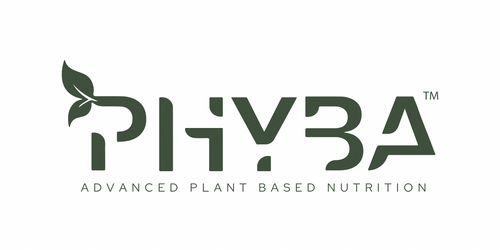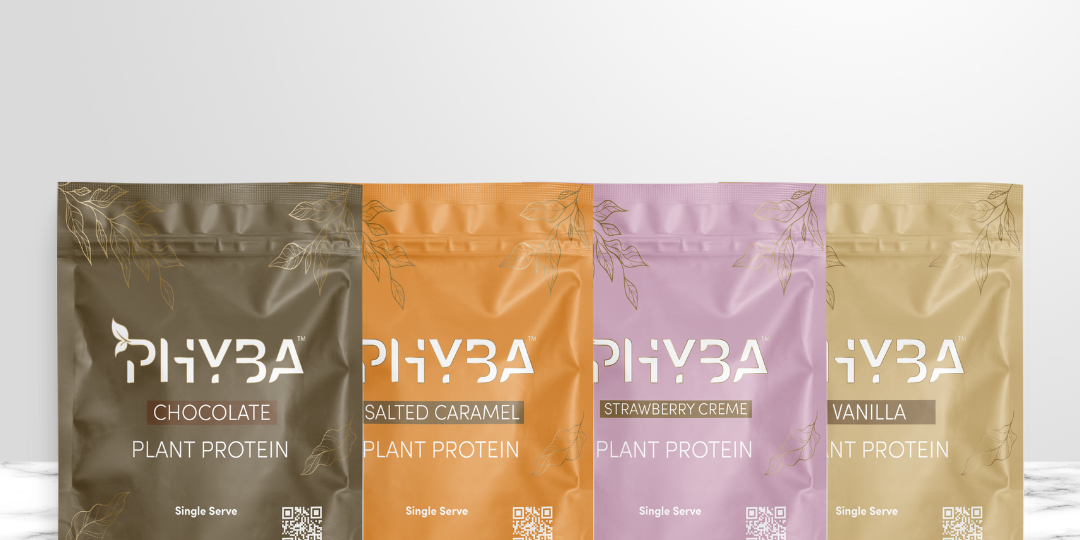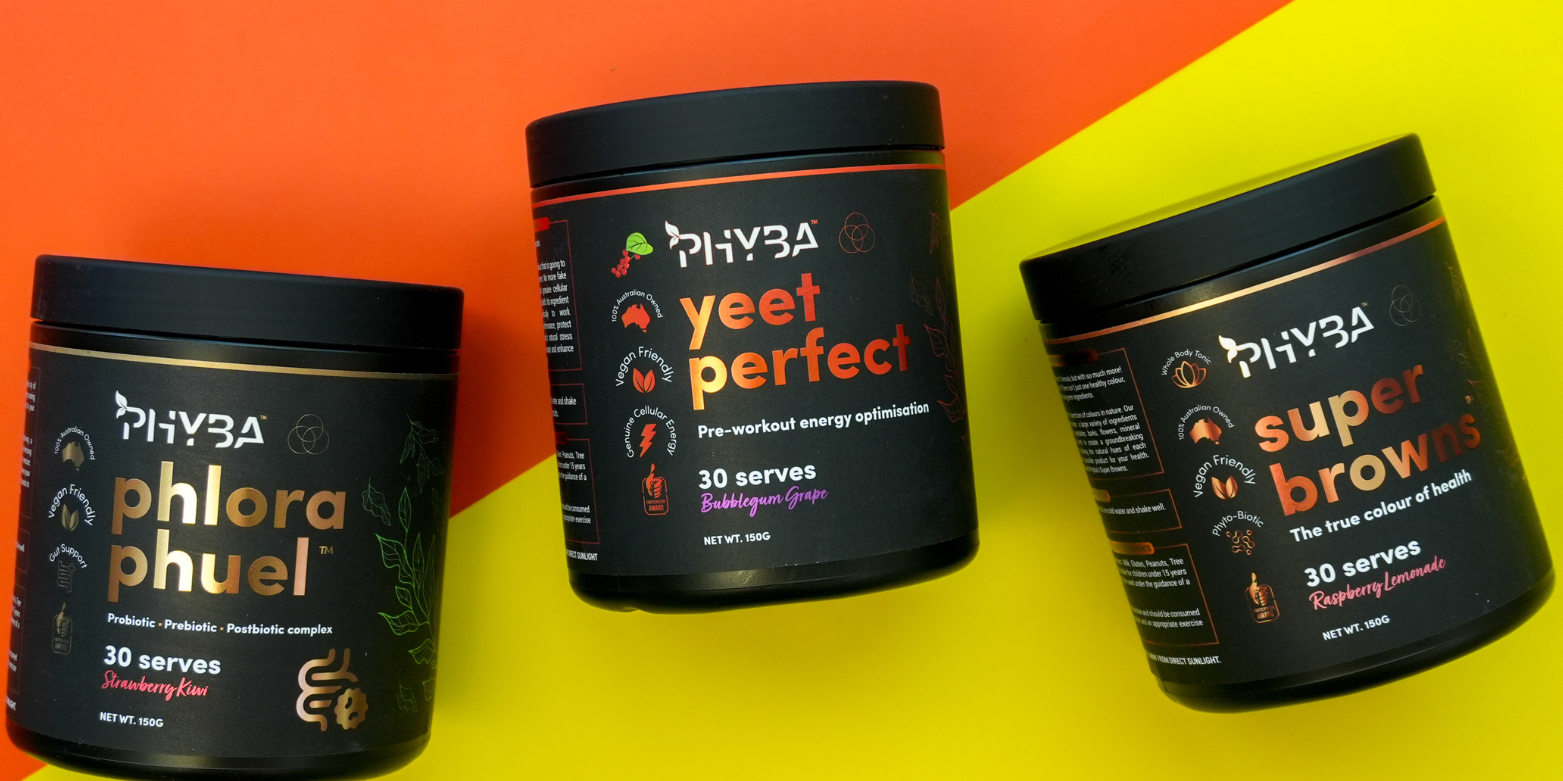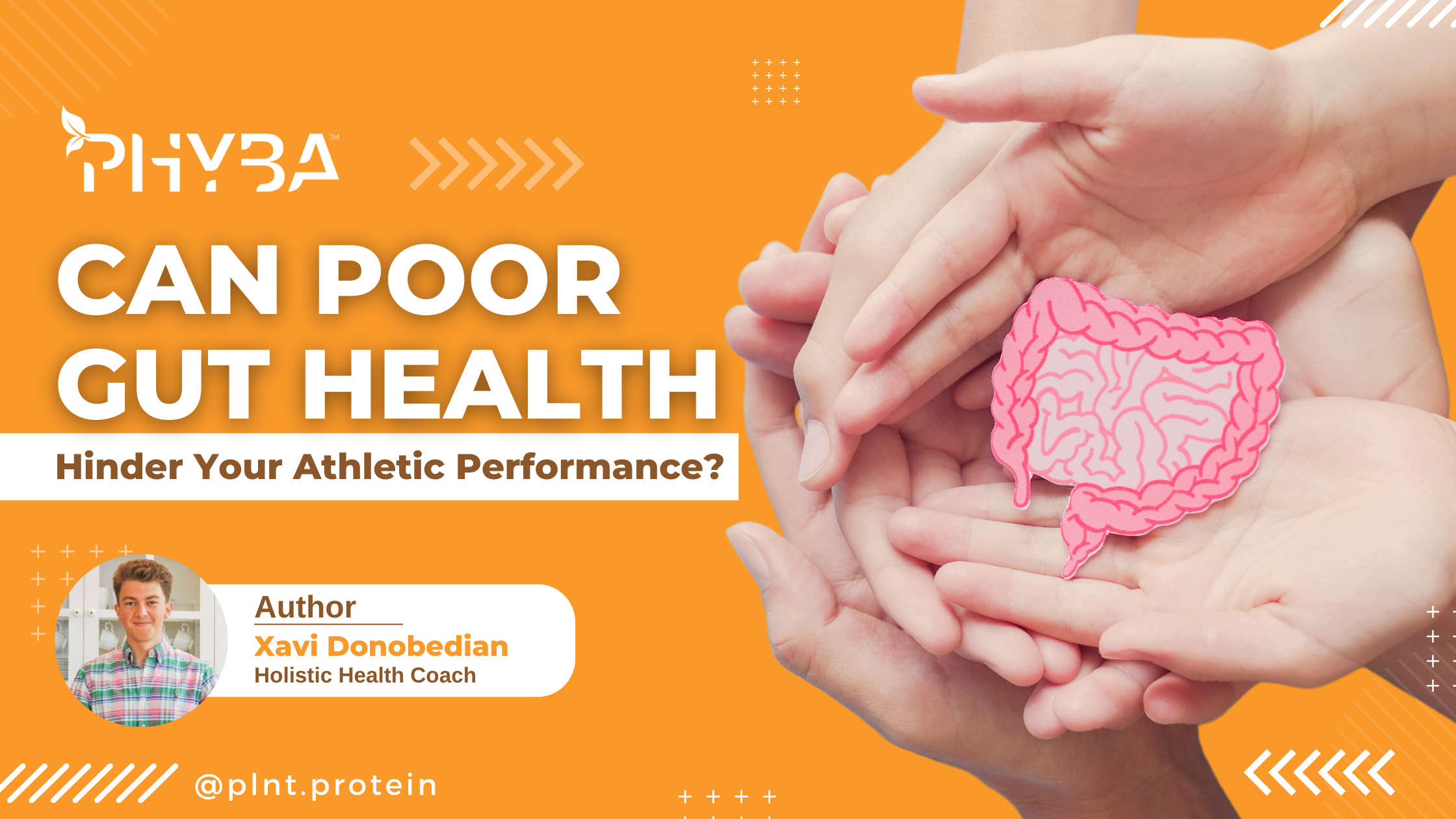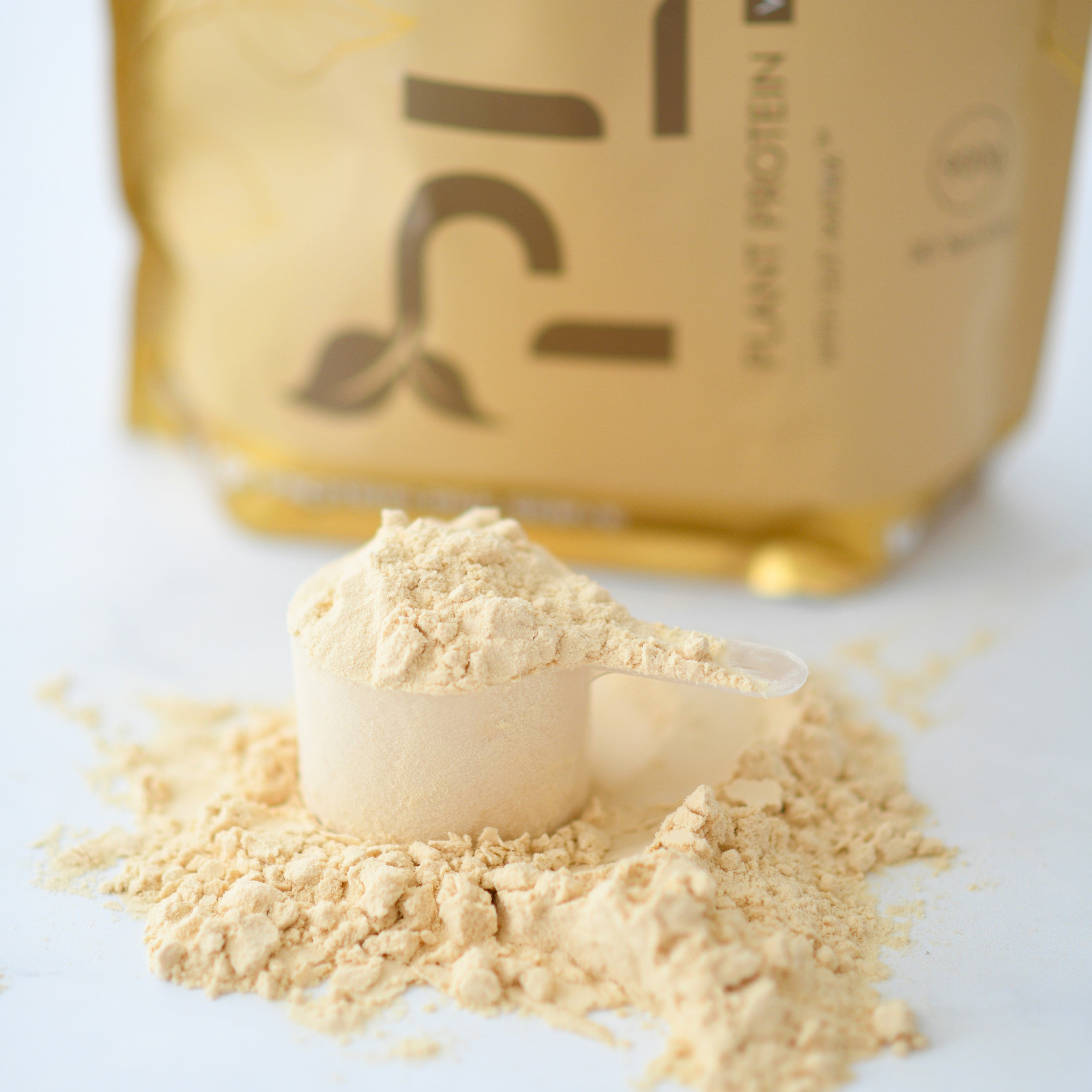By definition, an athlete is not only an individual who competes at the highest level of sport. An athlete is an individual who engages in physical activity on a consistent basis. As an amateur or professional athlete, it is imperative to acknowledge the impact of lifestyle factors in your ability to improve physical performance and recover from exercise. This article details the impact of the gut microbiome on athletic performance, while providing simple lifestyle alterations that can support gut health.

The phrase “gut health” denotes the metabolic, structural, and protective function of the microbial community in the GI tract, often referred to as the gut microbiome. The gut microbiome is home to trillions of organisms like protozoa, bacteria, and fungi that have evolved with the human species over time, forming a cohesive community that integrally impacts digestion and assimilation of nutrients from our food.
 Poor gut health refers to a transient state of gastrointestinal dysbiosis, wherein the homeostatic function of microbes in our GI tract is disrupted. While conventional wisdom would indicate that the overgrowth of parasite and fungus is the pathogenesis of poor gut health, the etiology is more often the lack of beneficial microorganisms, such as certain species of lactobacillus or bifidobacterium, that protect against the overgrowth of parasitic organisms and fungi.
Poor gut health refers to a transient state of gastrointestinal dysbiosis, wherein the homeostatic function of microbes in our GI tract is disrupted. While conventional wisdom would indicate that the overgrowth of parasite and fungus is the pathogenesis of poor gut health, the etiology is more often the lack of beneficial microorganisms, such as certain species of lactobacillus or bifidobacterium, that protect against the overgrowth of parasitic organisms and fungi. When the overall diversity of the gut microbiome is diminished, markers of proper digestion are intimately impacted. Increased inflammation in the gastrointestinal tract, reduced pancreatic function, and gut barrier disintegrity contribute to improper utilization of nutrients from ingested food. There is a strong body of evidence that correlates athletic performance with the overall health of the gut microbiome… so what does that research suggest, and how we can improve the health of the microbiome to improve our performance and recovery?
Current findings suggest that elite athletes maintain higher levels of specific bacteria designed to break down lactic acid. Harvard University researchers identified a specific species of bacteria called Veillonella that was enriched in the gut microbiome of Boston Marathon athletes after their race. When administered to mice, the animals’ performance in laboratory improved by 13% compared to control bacteria¹. In the words of researcher Alexandre Kostic, “We were able to demonstrate that the Veillonella-driven performance boost was due to the bacteria’s ability to break down lactate, a metabolite known to accumulate with prolonged strenuous exercise, and to produce propionate, a short-chain fatty acid (SCFA), that in turn enhances the body’s resilience to exercise stress.” This research suggests that the presence of aerobic exercise in one’s weekly routine can confer positive benefits to the overall diversity of the gut microbiome.
Increased diversity in the gut microbiome impacts the function of key systems intimate with exercise performance, such as the correlation between butyrate concentration and peak oxygen uptake V02 Max, the relationship between microbial diversity and key transcriptional factors implicit in mitochondrial biogenesis such as PGC-1α, SIRT1, and AMPK genes, and the positive association between short chain fatty acid production with modulation of oxidative stress. ¹ ² ³ ⁴

To support microbial diversity in favor of improved athletic performance, consider the following lifestyle interventions as an integral part of one’s daily and weekly routine:
You’ll want to eat a diet rich in fermentable fibers—these are fibers that help to feed your gut bacteria and are present in starchy and non-starchy vegetables. These include, are not limited to, oats, onion, artichoke, legumes, sweet potato, japanese yam, winter squash, and more!
Proper acidity in the stomach is an essential prerequisite to bile and pancreatic enzyme release, which assist the body in breaking down dietary macronutrients into their proper metabolites.
Drinking 1 to 2 tsp of apple cider vinegar 20 minutes prior to a meal is an excellent way to stimulate gastric juices in support of efficient digestion.

Phlora Fuel is Phyba’s premier supplement specific to healthy function of the gut microbiome. At the core of this groundbreaking solution lies the remarkable Baobab Fruit Powder. Bursting with nourishing phytonutrients, fibre/ prebiotics, it acts as fuel for your gut's microbial inhabitants, paving the way for a balanced and vibrant digestive ecosystem.
The meticulously curated Gut Matrix™ blend complements this botanical treasure trove, fortified with Aloe Vera glucomannan for prebiotic extract for soothing potency, and a symbiotic harmony of L. rhamnosus, B. lactis, and L. plantarum, contributing 12.5 billion cells per serving.
-------------------------------------------------------
¹ https://wyss.harvard.edu/news/discovery-of-performance-enhancing-bacteria-in-the-human-microbiome
² https://www.ncbi.nlm.nih.gov/pmc/articles/PMC5437217/
³ https://www.sciencedirect.com/topics/nursing-and-health-professions/oxidation-reduction-state
